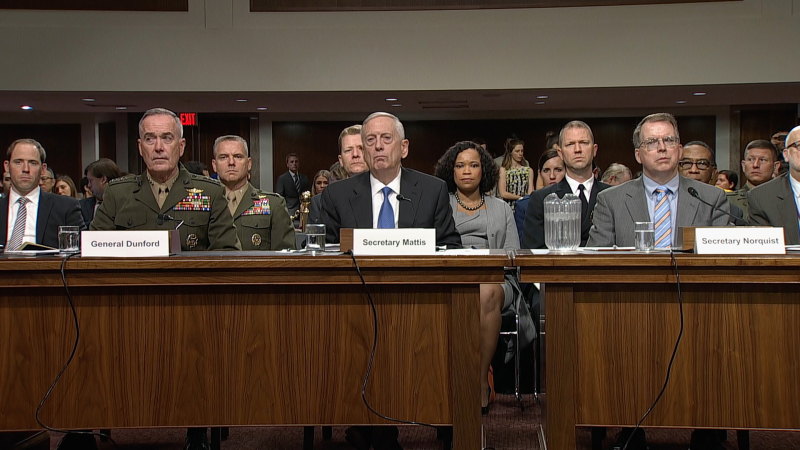
CBS
MOVIE REVIEW
Bodyguard of Lies (2025)
The promotional copy for "Bodyguard of Lies" ahead of its Tribeca screening said that Dan Krauss's documentary "rips the veil off one of the most costly and controversial chapters in recent American history: the war in Afghanistan." How many people are still behind a veil of ignorance at this point about the Afghan War as a piece of U.S. foreign policy is a question. You might also note the spotting of the word "recent," since as the documentary itself points out the legacy of the Vietnam War lurks in plain sight and not all that far in the past. Neither equivocal nor designed to be, the film puts on-camera statements and speeches from U.S. politicians and military leaders during the war next to material from the later "Afghan War Lessons Learned" interviews, a set of recorded debriefings loosely instigated by Congress and which formed the basis of a Washington Post exposé in 2019. The Post is among the producer credits here, making this doc an adjunct to its existing reporting on the topic. It hardly needs saying that the public statements and the private testimonies are from different planets.
The numbers scrolling across the screen speak for themselves, since they are unspeakable. In 2001 at the start of the war the U.S. sent an almost polite $3 million in cash into the country to support anti-Taliban resistance, and saw Kabul fall to U.S. allies within weeks. The film digs up footage of an embedded TV correspondent uttering the dreaded words "In what must surely be the closing stages of the Afghan conflict" and immediately coming under heavy fire, people screaming, camera falling sideway, panic. Only another two decades to go. In yearly increments the numbers escalate to trillions of dollars, piles of cash to go with the piles of bodies. Things go off the rails constantly. A 2008 U.S. airstrike on Azizabad kills 90 children and reveals the compromised networks of highly paid private contractors and local warlords supposedly corralled into a coherent effort. The U.S. turns a blind eye to the behavior of the Karzai government that it installed, before running short of things it's actually prepared to look at. Whistleblowers step nervously forward, and are arrested and imprisoned for their efforts. The Pentagon publishes statistics that look good; the C.I.A. says the statistics are a fantasy. George W. Bush describes the Allied effort as a "crusade," picking the perfect unhappy word. The U.S. presidency shifts from Republican to Democratic and the war is ratcheted up rather than down.
Past, present and future inevitably collide. Oliver North pops up as a 2008 Fox News correspondent, Banquo's ghost from earlier Reagan-era adventures. The dead Azizabad children prompt then-commander Gen. David McKiernan to say to reporters "Never in history have military forces tried to exercise such care to avoid civilian casualties," which sounds a lot like the flannel coming today from the direction of the Israeli government. (Retired Gen. McKiernan is in the film as a present-day interviewee, sounding as contrite and unhappy as any four-star general is ever likely to.) And eventually President Donald Trump appears, making his 2020 peace deal with the Taliban without consulting the Afghan government or the U.S. Congress, and then blaming his successor for the subsequent chaos. Last year's documentary "Hollywoodgate" showed how that looked from the Taliban's end of the deal: much like winning the lottery.
On it all goes. What to make of it? Accurate statements summarizing the issues come from all corners of the screen and lead in circles. "We think everyone else wants to be like us; and they don't," says Gen. McKiernan. "After Vietnam, Iraq, Afghanistan, it's always 'never again,' and it's a lie," says John Sopko, an author of the "Lessons Learned" documents. They all sound a bit confused as to why the things we wanted to happen didn't, wouldn't, never will. Or how about: "There is no peace at the end of this" – Avner Kaufman (Eric Bana) at the end of "Munich" standing by the Twin Towers. Sept. 11 instigated Operation Enduring Freedom in the first place, and if there's a path out of our enduring W.T.C.-shaped labyrinth it's clearly the artists who are going to have to keep chipping away at it, since the politicians still don't have a clue.
Comments